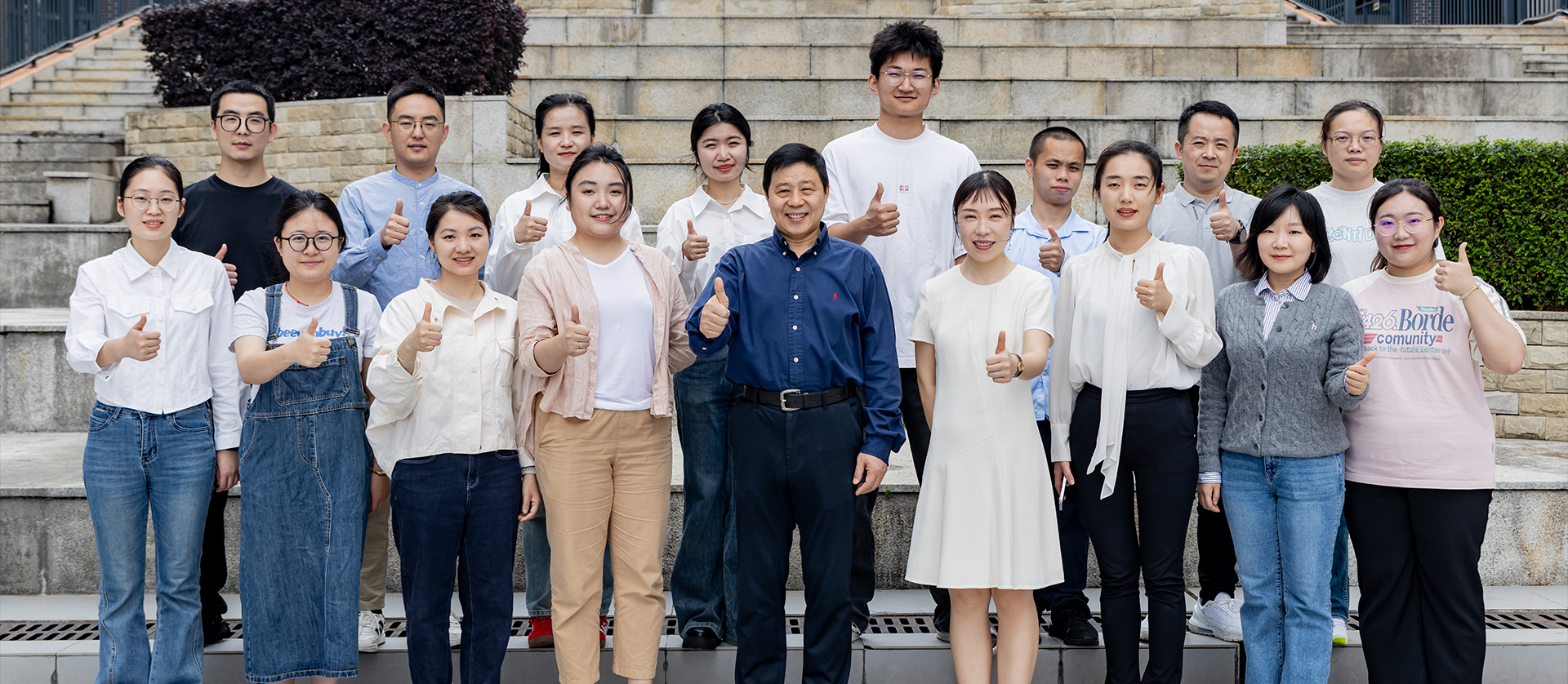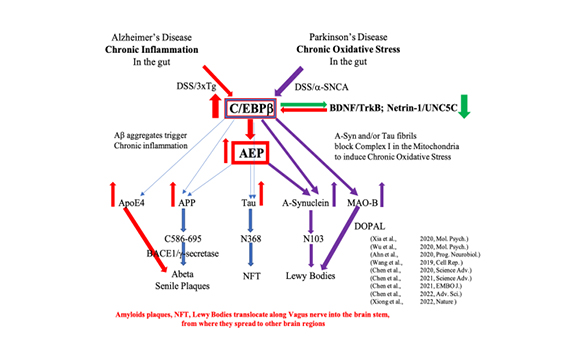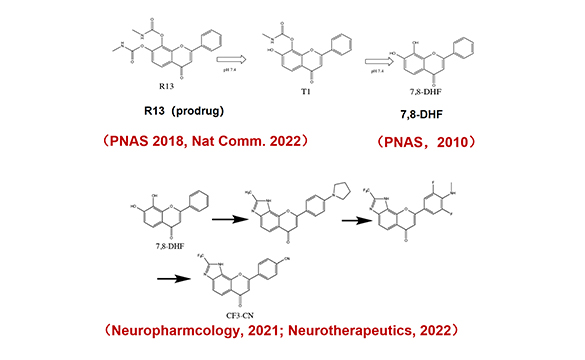Introduction of PI

Professor Keqiang Ye is the chair professor and the dean of the Faculty of Life and Health Sciences, Shenzhen University of Advanced Technology (SUAT). He is a National Distinguished Expert, Changjiang (Yangtze River) Scholar Chair professor, and previously served as a tenured professor at Emory University in the US. He is also a leading scientist in neurodegenerative disease mechanisms, early diagnosis, and therapeutic development. He specializes in small-molecule compound-based drug discovery. His work has recieved over 250 million RMB in funding from major institutions including the National Natural Science Foundation of China (NSFC), Guangdong Basic and Applied Basic Research Foundation, Shenzhen Science and Technology Innovation Commission, U.S. National Institutes of Health (NIH), and the American Cancer Society/Foundation.
Professor Ye has published 279 papers, 74 of which were published in high-impact journals such as Nature (2 papers) and Cell (3 papers), with an h-index of 80 and over 23,734 citations. He holds 21 granted international invention patents (out of 25 applications), several of which have been licensed and commercialized by global companies. His novel small-molecule drug for Alzheimer’s disease, BrAD-R13, has received clinical trial approval from both the U.S. FDA and China’s National Medical Products Administration (NMPA/CDE).
Notably, he pioneered the development of α-synuclein tracers to address the global challenge of PET imaging diagnosis for Parkinson’s disease. He also stablished the groundbreaking theory that postmenopausal elevation of follicle-stimulating hormone (FSH) in women activates the C/EBPβ/AEP pathway, increasing the susceptibility to Alzheimer’s disease.


